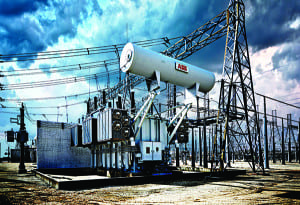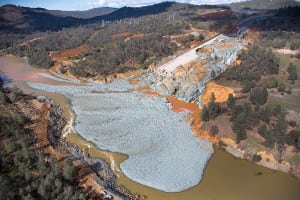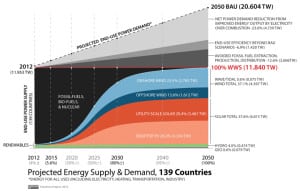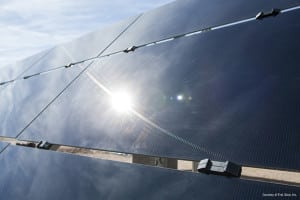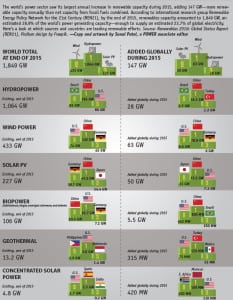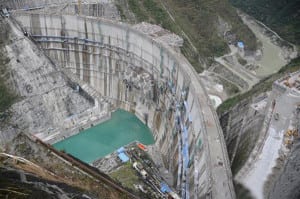Hydro
-
Connected Plant
Facilitating Predictive Maintenance of Electrical Assets with Pervasive Sensing Strategies
Continuous condition-based monitoring of electrical conductors and insulation is an effective way to reduce required plant maintenance activities, cut operating costs, and prevent unplanned shutdowns
-
O&M
Strategies for Small Hydro Upgrades
Small hydro is becoming big business as ongoing technological advances make more small sites economic to exploit. Older plants can also see substantial output and efficiency gains by upgrading from decades-old
Tagged in: -
IIOT Power
New Approaches for Transformer Operation and Maintenance
Technology advancements and new regulatory requirements could reshape how power plant owners operate and maintain large power transformers. Experts outline emerging strategies and call attention to overlooked
-
Renewables
POWER Digest (April 2017)
Russia Marks Milestone with Commercial Operation of Third-Generation Reactor. After nearly a decade of construction, the first advanced third-generation VVER-1200 nuclear reactor began commercial operation on
-
Renewables
Oroville Dam Power Plant May Reopen This Week
The Edward Hyatt hydroelectric plant at the damaged Oroville Dam in northern California, shut down earlier this month after its spillway nearly collapsed, may reopen soon, officials with the California Department of Water Resources (DWR) said on March 1. The plant was forced to shut down after severe erosion from the dam’s spillway deposited large […]
Tagged in: -
Renewables
A 100% Renewable Grid: Pipe Dream or Holy Grail?
The boom in renewable energy, spurred by dramatically falling costs, has led some experts and political figures to begin talking seriously about what was once science fiction: A world powered entirely by renewable generation. But is it truly feasible or economic? One series of studies suggests it is—with some important caveats. In the first half […]
Tagged in: -
Coal
FirstEnergy Looks to Exit Competitive Business, Shutter or Sell Ohio Nuclear Plants
Financially hemorrhaging in 2016 due to uneconomic power plants in its fleet, FirstEnergy Corp. said it may exit the competitive generation business by mid-2018, and shutter its nuclear plants in Ohio, even though it will back legislation to subsidize nuclear power. In a fourth quarter earnings call on February 22, officials from the Akron, Ohio–based […]
Tagged in: -
Renewables
China Plans $363 Billion Investment in Renewables Over Five Years
China rolled out its latest five-year energy development plan, detailing the country’s aim of investing about 2.5 trillion yuan (more than $363 billion) through 2020 in the development of renewable energy resources. Yang Li Zhe, deputy director of China’s National Energy Board, explained the country’s vision during a press conference held in Beijing on January […]
Tagged in: -
Hydro
Sichuan Limits Small and Medium Hydropower Construction
China’s Sichuan provincial government has moved to restrict construction of small and medium hydropower projects between 2016 and 2020 in an effort to improve grid planning and efficiency. Policy proposals posted on the Sichuan government’s website in October seek to prohibit small-scale hydropower projects and limit medium-sized plants over the next five years. Reuters reported […]
Tagged in:



